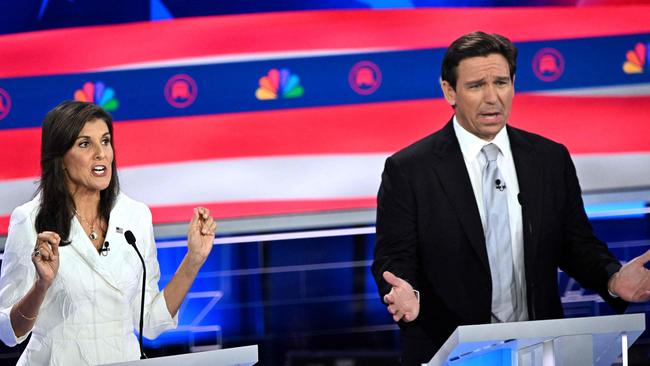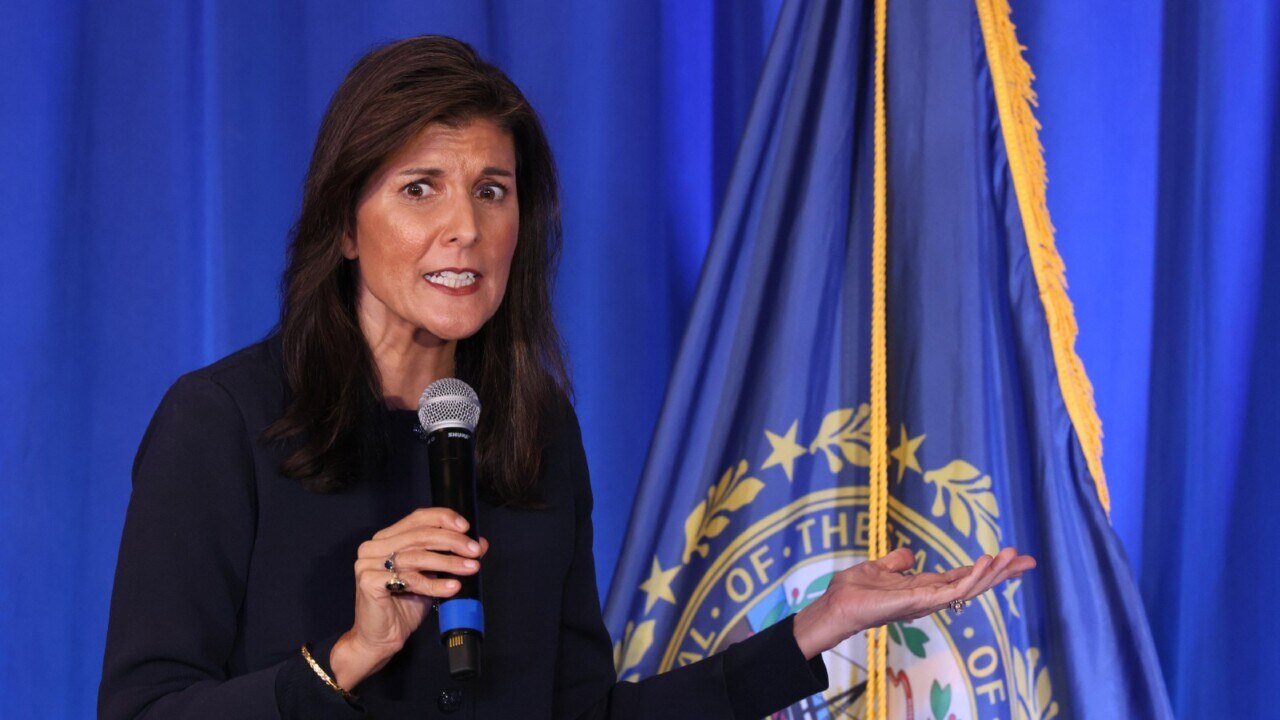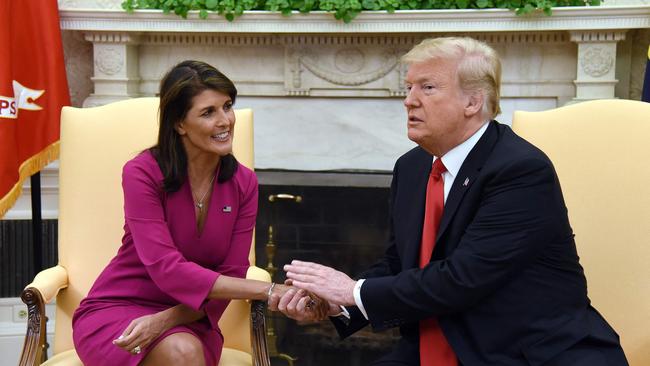Note to Republicans: You’re either for free speech – or against it
The sad fact is more of America’s elite seem to see China’s governance model, where information is monitored and controlled, as desirable.

Censorship is not only ineffective but still surprisingly popular in the US, even among supposed free-speech advocates. The horrors of October 7 have highlighted the hypocrisy of some Republicans who have built careers railing against censorship. But now, it seems, they are calling for it when faced with speech they don’t like.

The moral panic that was sparked over a few hundred young Americans sharing bin Laden’s letter – a historical document, after all – is a case in point. Even if their posts on TikTok were viewed a few million times, so what? The document is hardly surprising or particularly insightful; it’s a list of grievances against the US, Israel and alleged Western decadence. Supporting free speech means supporting the right of people to say things you don’t like, including potentially offensive things.
The solution here is more and better speech, as well as thicker skin. Many Republicans – who only a few months ago were making fun of LGBTQI+ groups for claiming they felt “unsafe” – have called for bans on Palestinian-aligned groups on campuses.
Florida Republican Governor Ron DeSantis ordered “Students for Justice in Palestine”, which has operated across numerous US universities for decades, be shut down for expressing solidarity with the Palestinian movement.
It’s important to recall here that DeSantis made his name lashing big tech for its censorship of conservative voices. DeSantis’s fellow Republican presidential contender, Nikki Haley, went further and promised to change US law if elected in 2024 to punish universities that don’t crack down on student groups critical of Israel.

“You can’t fight anti-Semitism if you can’t define it. Joe Biden and the left refuse to call anti-Zionism anti-Semitism,” Haley told The New York Post last month.
“As president, I will change the official federal definition of anti-Semitism to include denying Israel’s right to exist, and I will pull schools’ tax exemption status if they do not combat anti-Semitism in all of its forms – in accordance with federal law,” she said.
Serious harassment and incitement to violence are already illegal. But widespread calls to ban TikTok might be as wrongheaded as they are unrealistic. The Chinese-owned social media application – filled with trash, to be sure – is used by at least 80 million Americans, according to Wallaroo Media, more than 80 per cent of whom are over 18. Banning the platform would present a highly risky political strategy.
“The banning TikTok strategy … comes while the GOP (Republican Party) simultaneously complains of liberal US social media companies cancelling and censoring conservatives. So without a hint of irony, many of these same conservatives now agitate to censor viewpoints they don’t like,” Republican senator Rand Paul noted in congress.
The platform has since bent over backwards to suppress anyone promoting bin Laden’s letter, including banning one young “influencer”, in behaviour reminiscent of those Republicans who condemned social media platforms during the pandemic.

This month, Republicans also proposed a bill in congress, the Anti-Semitism Awareness Act, to ban anti-Semitism on campuses; a perfectly noble ideal, but should we be using congressional bills to achieve such an outcome?
Congressman Thomas Massie, one of the handful of Republicans brave enough to stick up for the besieged First Amendment, voted against it. “Protecting free speech means protecting speech you don’t like, even if it opens you up to criticism,” he said.
While hate appears to be on the rise, it’s far from clear that new laws will improve the situation.
Democrats have long seized on opportunities to give the government greater scope to monitor speech. New York Governor Kathy Hochul has promised to “deploy new resources” to monitor online speech in the nation’s third-largest state to stamp out “hate speech”.
At the same time, Elon Musk is under siege from all directions following his insistence social media platform X maintains a light touch on censorship. Democratic congressman Adam Schiff last week blasted Musk for “amplifying anti-Semitic content, profiting from misinformation, and allowing pro-Hamas propaganda to spread on X”.
The debate has become heated. “Do the words ‘congress shall make no law … abridging the freedom of speech’ mean nothing to you? Free speech once meant something in the Democratic Party,” journalist Michael Schellenberger wrote in response to Schiff’s statement. But it appears it increasingly doesn’t.

Leading free-speech advocacy groups in the US, such as the American Civil Liberties Union, which once defended the right of a neo-Nazi group to march through Chicago in 1979, did nothing to attack censorship during the pandemic.
Xi Jinping received several standing ovations at a dinner hosted by US business leaders and political elites in San Francisco during the APEC summit. Such an effusive welcome would have been unimaginable for Nikita Khrushchev back in 1959 when he visited the US. Yet China itself holds a far greater long-term threat to American liberties than the USSR and social media sharing.
The sad fact is more and more of America’s elite, on both sides of the political aisle, seem to see China’s governance model, where information is monitored and controlled, as desirable. Copious evidence from the Twitter Files has revealed how intrusive US government agencies have already become in seeking to suppress news or opinions they don’t like.
If we don’t want to live in a society in which our private communications are monitored, we must defend the right of people to express arguments we hate.








When The Guardian deleted Osama bin Laden’s 2002 “Letter to America” last week, I went online to find it; some friends asked me where they could find it too. Even now you can find copies of it all over the internet.